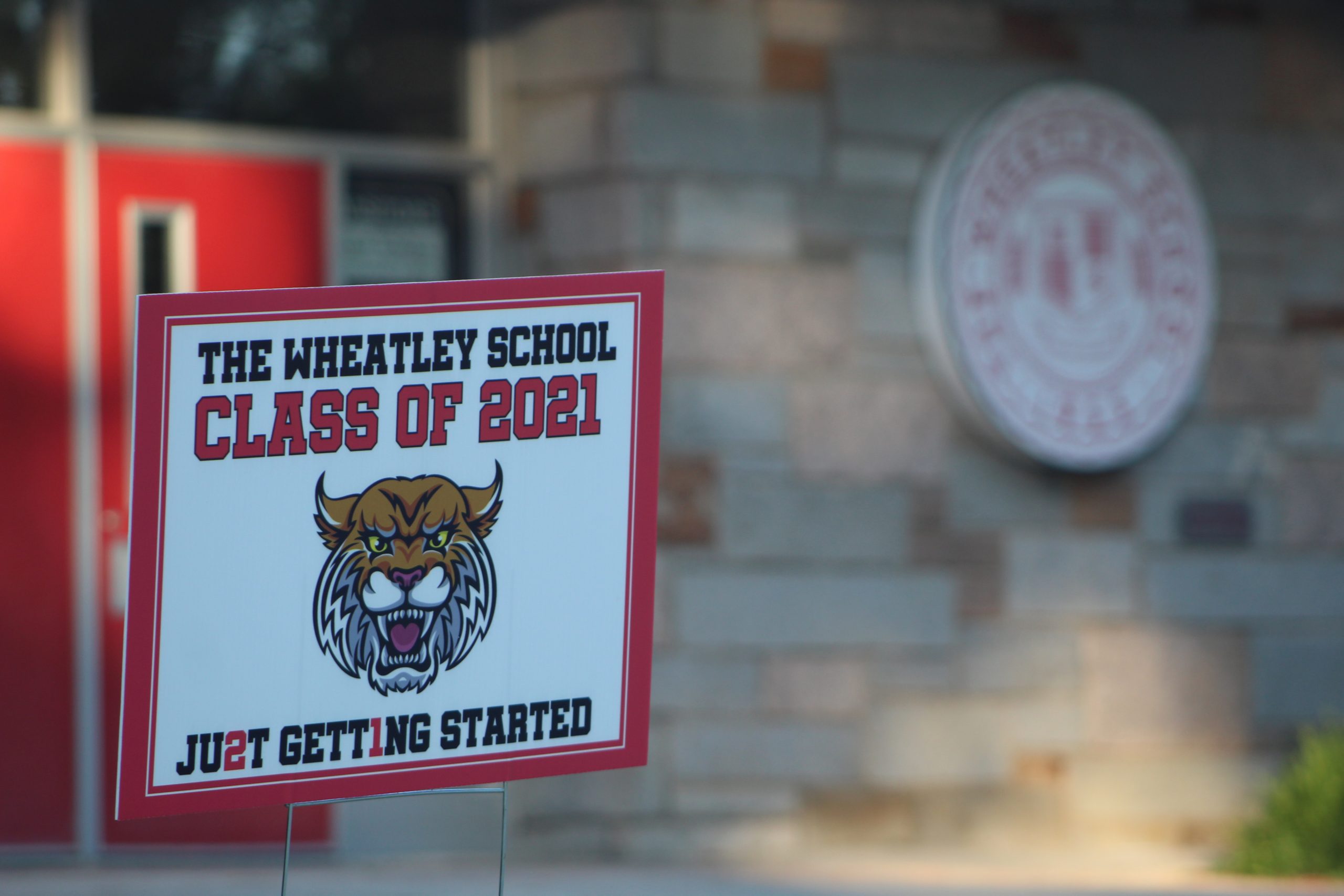Nearly five weeks after a Wheatley School student’s graduation address set off a furor inside and outside East Williston, community leaders and parents have differing views about how to move forward.
Tensions ran high after the Old Westbury high school’s commencement ceremony when the speaker, Huda Ayaz, was confronted by an adult who shouted, “Go back to Pakistan,” according to Ahmed M. Mohamed, legal director at the Council on American-Islamic Relations. Aggravation also spilled over at a school board meeting last Tuesday, during which officials would neither condemn nor condone the contents of the speech.
Michael Stanger, rabbi of the Old Westbury Hebrew Congregation, was on vacation during the height of reactions to the speech. He heard from congregants before and after his return home who were troubled by the address in which Ayaz referred to Israel’s treatment of Palestinians as an ethnic cleansing.
“You can’t un-ring a bell, unfortunately,” Stanger said. “What she said, she said. What some of the people said in response, appropriate or not, was said,” he added, condemning the adult who shouted the xenophobic remark at Ayaz.
Though it’s clear the temperature of residents runs high, there is no easy way to cool it down. But Stanger argued that discussing the Israeli-Palestinian conflict might not be the best place to begin the process of restoring community ties.
“You’re going to have to start from a different place,” Stanger said. “I think you’re going to have to start from a safer place and maybe that means starting from an understanding of religion and culture.”
Stanger suggested that the East Williston community hold a separate event in the future to discuss topics such as tradition, heritage and diversity, which could present an opportunity for different religions and demographics to be respectfully represented.
“Having an opportunity where we don’t have to constantly view someone else, a classmate, a parent of a classmate, the religious functionary of a classmate, as the ‘other'” should be an objective of the community moving forward, Stanger said.
Though a member of the congregation since 2006, Stanger also has a background in interfaith service. He’d previously met with the Islamic Center of Long Island while he served as president of the Long Island Board of Rabbis.
“With cultural exposure, it’s not about tolerance,” Stanger said. “What it is — it’s about understanding, it’s about sensitivity and it’s about respect.”
There may be room for the anger to naturally dissipate, though, as the summer break provides a time for everyone involved to self-reflect.
“Maybe it’s actually a good thing that it’s the summer and there’s a little bit of an opportunity for people to just go to their respective corners,” Stanger said. “The only problem is now the respective sides are all in their own echo chambers.”
But Mohamed, the Muslim advocate, said such stark contrasts in perspective are not new.
“What we’ve been told through our conversations with current students or recent graduates is that there is rampant bullying among students, amongst their peers,” Mohamed said. “We’re seeing two versions of what’s happening at the school.”
“The school district is really kind of looking at their paper records and saying, ‘Wow, we’re doing a lot for diversity because our documents say we have five diversity clubs,’” Mohamed said, calling it a surface-level interpretation.
Those initiatives are important, but they do not mean much when students are not feeling safe, according to Mohamed.
Last week, Huda Ayaz, a student at @WheatleySchool urged her peers to educate themselves about issues of injustice from Palestine, to Uighur Muslims, to climate change.
She was booed, told by a parent to go “back to Pakistan” & harassed until she was hospitalized with anxiety. pic.twitter.com/2l5zNx4e4p
— Zohran Kwame Mamdani (@ZohranKMamdani) June 30, 2021
“I don’t think we can move past it,” Mohamed said. “I think this is a time of reckoning for the school and the school district and they really have an opportunity to come out of this entire situation a better school district.”
“But improvement takes hard decisions,” Mohamed added. “It takes being critical (of) yourself and your past and that’s really, really important.”
Parents also think some action has to be taken. Eleanor Cohen, who moved to the school district three years ago, suggested creating student groups to further advance cultural awareness in school.
“We have to create some type of things, so the kids are not feeling attacked or scared,” Cohen said. “They need to have these groups that include people and learn about each other’s culture and seeing the similarities.”
“I’m just thinking we have to just create more things where everybody can be together and learn about each other and learn about each other’s families,” Cohen said. “We all have moms and dads. We all bleed red.”



